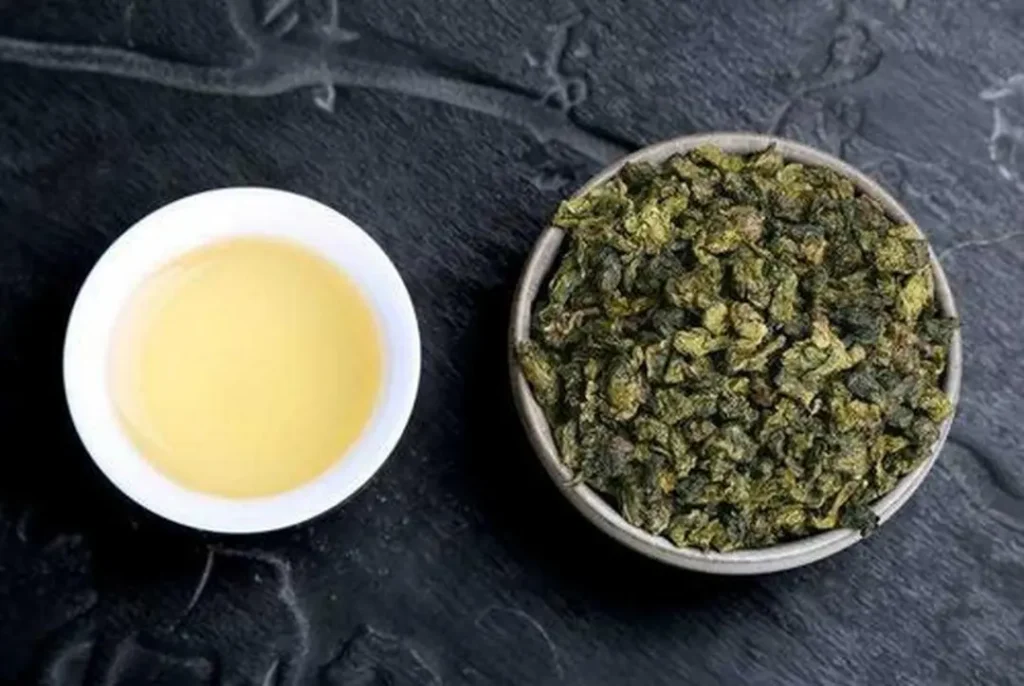Lao Li, a retired worker, has worked hard for most of his life and is now at the age to enjoy the happiness of family. His children have achieved success, and he is thinking of taking a good rest and enjoying a few days of relaxed and happy life. However, with the increase of age, his body is not as strong as when he was young. Recently, Lao Li found that he always feels thirsty and weak all over. A hospital check-up revealed that his blood sugar is high.
The doctor advised him to pay attention to his diet, exercise more, and prescribed some blood sugar-lowering medication. Lao Li was very distressed, as he did not want to rely on medication to control his blood sugar for a long time. One afternoon, under the pavilion in the community, Lao Li mentioned his distress to Lao Zhang. After listening, Lao Zhang said mysteriously, “Lao Li, have you tried drinking white tea? That stuff is a treasure, known as ‘natural insulin. ’” Lao Li was taken aback. White tea? He had only heard of green tea and black tea before and did not know much about white tea. However, since Lao Zhang highly recommended it, he decided to give it a try. Thus, Lao Li began to try drinking white tea, and after a while, he was pleasantly surprised to find that his blood sugar had indeed decreased! In fact, as one of the six major types of tea in China, white tea has long been known as ‘natural insulin. ’ This is not baseless; it is supported by scientific evidence. So, what are the magical aspects of white tea? Can white tea lower blood sugar? What are the magical aspects of white tea? Firstly, white tea is rich in active enzymes, polyphenols, and polysaccharides, which play a key role in lowering blood sugar.01. Blood Sugar Lowering Polyphenols are the collective name for polyphenolic substances in tea leaves. They have strong antioxidant properties and physiological activity, acting as scavengers of free radicals in the body and effectively reducing blood sugar levels. At the same time, compounds such as catechins in white tea can inhibit the absorption of glucose by the intestines, thereby reducing the burden on blood sugar.
02. Regulating Blood Pressure and Protecting Cardiovascular Health In addition to its blood sugar-lowering effects, white tea also helps regulate blood pressure and protect cardiovascular health. Theanine is a unique amino acid found in tea leaves, which can regulate blood pressure by inhibiting the activity of angiotensin-converting enzyme and promoting blood vessel dilation. For people with diabetes, high blood pressure is a common complication, and white tea can help them regulate blood pressure, reducing the risk of cardiovascular diseases. 03. Improving Insulin Resistance Issues Furthermore, white tea can also improve insulin resistance issues. Insulin resistance is one of the important causes of diabetes, leading to a decrease in the body’s sensitivity to insulin. The various active components in white tea can work synergistically to enhance the body’s immunity, promote metabolism, and thus improve insulin resistance issues. This is undoubtedly good news for those who need long-term insulin injections.White tea is known for its ability to alleviate complications associated with diabetes, which is one of the most concerning issues for diabetic patients as it can greatly disrupt their daily lives. The polyphenols and other active components in white tea can inhibit inflammatory responses and improve vascular function, thereby reducing or mitigating the occurrence of diabetes-related complications. This is undoubtedly a significant boon for those with diabetes. However, not everyone is suitable for consuming white tea.
People with allergies to white tea may experience allergic reactions such as skin swelling and difficulty breathing after consumption. Therefore, individuals who are known to be allergic to components in white tea should avoid drinking it. Individuals with unstable blood sugar control may not find white tea sufficient to provide the necessary therapeutic effects, despite help its in stabilizing blood sugar. Such patients should follow medical advice and undergo standardized treatment. Patients with severe diabetes complications, such as diabetic foot and nephropathy, may have more complex health conditions requiring more delicate medical management. Individuals with weak gastrointestinal function may experience discomfort from the caffeine and other components in white tea, such as stomach pain and diarrhea. Pregnant and breastfeeding women should consult a doctor before consuming white tea to ensure it does not adversely affect the fetus or infant

